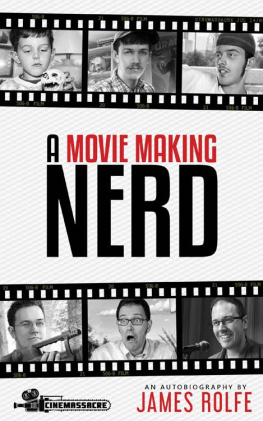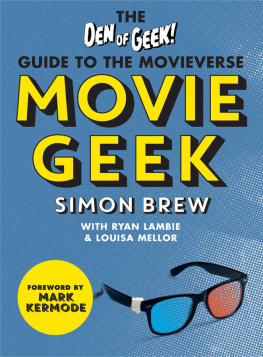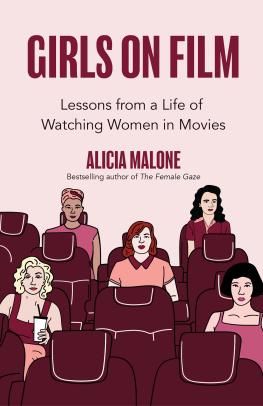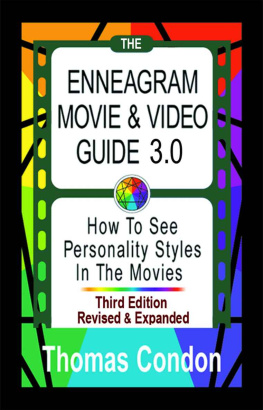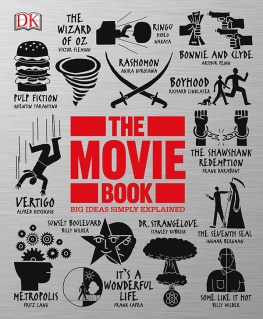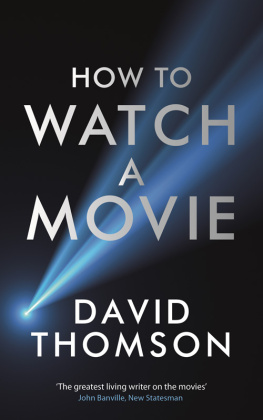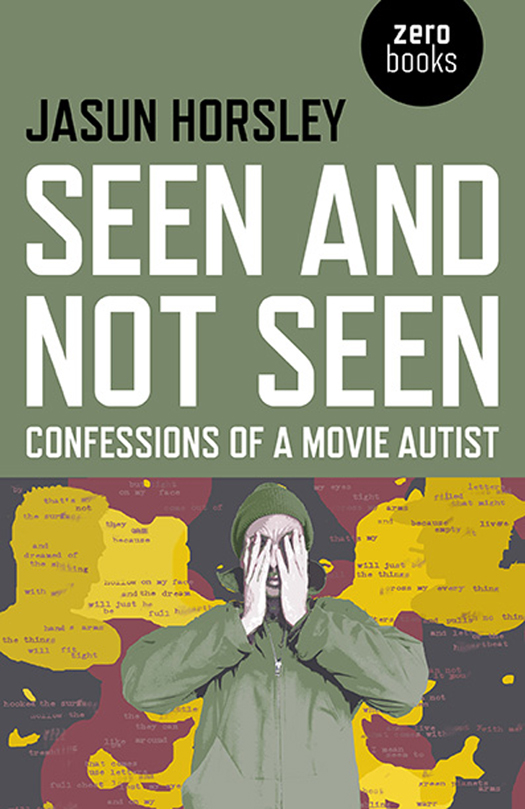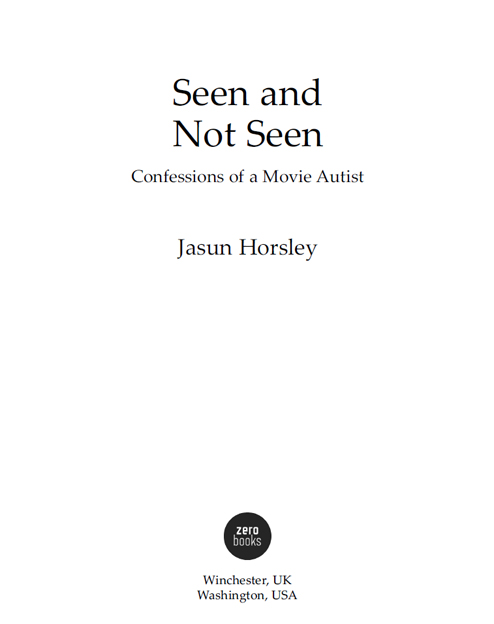CONTENTS
What the book is. Description of the authors autism, and how it relates to his early love of movies and creative immersion, how cultural images provide us with an unconscious ideology.
How movies and pop culture provide conceptual, imagistic and emotional content as a matrix for self-awareness to grow in.
The socialization process from birth to adulthood, the perils of imitation, and how movies provide a safe space to test out social behaviors.
Taxi Driver and Midnight Express and the different approaches to violence, how my attraction to movies began in the company of my mother.
How the Travis Bickle archetype reflects inner autistic qualities and gives a human face to alienation.
How to create a persona through fantasy role models, Dirty Harry and negative identity construction, movies as psychological maps.
How the Hollywood action movie erases the line between propaganda, advertising, and popular entertainment.
Breaking open the psychological patterns of family trauma that lurk behind and inside a lifelong obsession with movies and screen violence.
How movies provide escape and exploit and exacerbate our learned capacity to dissociate from reality.
Jonathan Lethems social examination vs. David Ickes, paranoid worldviews, and the question of whether the world (and Hollywood) is run by shape-shifting Reptilians.
The authors mixed motives for writing and the goal of spiritual autolysis; almost meeting Roman Polanski.
The nature of writing, reality creation, and the crisis of authenticity.
An in-depth exploration of Kaels influence, her critical method, special voice, lack of judgment, and marriage to movies.
Kaels stint in Hollywood with Warren Beatty, her feud with Clint Eastwood, friendship with Sam Peckinpah, and relationship with her father.
How fantasy trumps reality, comic books and movies as corporate propaganda, fantasy as self-exploitation.
How movie violence helped me to cope with unconscious trauma; The Texas Chainsaw Massacre and video nasties, Blue Velvet and the invisible line between exploitation and art.
A story of sin, the American heart of darkness, Jehovah and blood sacrifice, corporate predation, moral hazard, conditional corruption, and the extinction of all reality.
The gulf between talent and aspirations, a sorcerers blueprint of Glaswegian gangsters and early betrayals, serving two masters, crucifixion as reenactment.
The all-devouring imagination of the mother, the gothic dungeon of desire, dark family heirlooms, Jimmy Savile & glamor magic.
Clint Eastwood and Woody Allens art as a cloak for neurosis, why being an artist is an oxymoron, autism again, heroin addiction and moviegoing, why art is the devils work.
Returning whence we started to know the place at last.
Lethem delivers.
He would see faces in movies, on TV, in magazines, and in books. He thought that some of these faces might be right for him, and that through the years, by keeping an ideal facial structure fixed in his mind, or somewhere in the back of his mind, that he might, by force of will, cause his face to approach those of his ideal. The change would be very subtle. It might take ten years or so He imagined that this was an ability he shared with most other people, that they had also molded their faces according to some ideal. Maybe they imagined that their new face would better suit their personality, or maybe they imagined that their personality would be forced to change to fit the new appearance. This is why first impressions are often correct. Although some people might have made mistakes. They may have arrived at an appearance that bears no relationship to them. They may have picked an ideal appearance based on some childish whim, or momentary impulse. Some may have gotten halfway there, and then changed their minds. He wonders if he too might have made a similar mistake.
Talking Heads, Seen and Not Seen
Entertainment is instruction and instruction is ideology.
Herbert I. Schiller, The Mind Managers
Part One
The Deconstruction Artist
Introduction:
Autist or Auteur, That Is the Question
Of course, the toxic bullshit of incessant advertising and show biz for nearly a century has stripped us of cognitive abilities for dealing with reality that used to be part of the normal equipment of adulthoodfor instance, knowing the difference between wishing for stuff and making stuff happen. We bamboozled ourselves with too much magic.
James Kunstler
Its ten days before Christmas, 2013. I have just returned from an island retreat (my sixth in two years) in Finland with enlightenment coach Dave Oshana. The effect of attending these retreats has been one of accumulative decrease: each time theres less of me to comment, or even have an opinion, about the experience. The less of an I there is to tell, the less of a story.
Since I was an adolescent, my story included becoming a film artist or auteur. Ergo, my story is the story of a disappearing artist, unraveling the layers of his fake identity, stitched together out of a movie love that didnt just border on autism but dove all the way in there. Through movies I was searching a realm of existence beyond the hell of I, a way to disappear and still somehow be there. Enlightenment.
What happened when I got back to my life after the sixth island retreat? A minor incidentI found out my wife had taken up smoking again due to the stress of a new job. In the context of Life Itself the incident was minor. But in the context of my story, it was a major trigger which catapulted me right back into the depressed frustration of an old, undying narrative. This is my life, damn it, and its exactly why I go on spiritual retreats: to slowly and diligently take out the garbage, until all thats left is the empty space of being. A blank movie screen.
The only possible excuse for including any of this at the start of a book about movies, besides that its whats happening (or was when I first wrote this introduction), is this. My desire to escape the confines of identity by training with an enlightenment coach, etc., is a dead match for why I am drawn to movies. Movies take me out of myself and bring my life-story to a temporary halt. They stop my world.
Movie-watching is a curious addiction, because what movies provide (like heroin?) is a desire-free state. Of course the movie in question, like heroin, has to be a good movie, uncut with talcum powder or milk sugar; otherwise desire will rapidly creep back in, even if its only the desire to watch a different movie.
Freedom from desire is freedom from fear. Freedom from identity is what movies provide, for an all-too-brief spell. But since they dont make it better in the long run (they dont help me to clear out the junk of my past), they probably only make it worse; a bit like my wifes smoking.
On the last retreat Dave Oshana said something about how people who are addicted to movies are afraid of living.
Well OK Dave; but answer me this: who isnt afraid of living?



